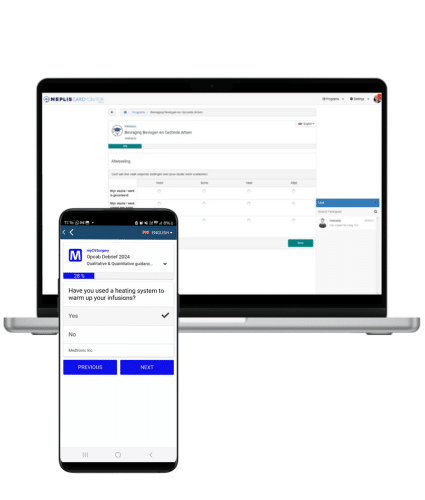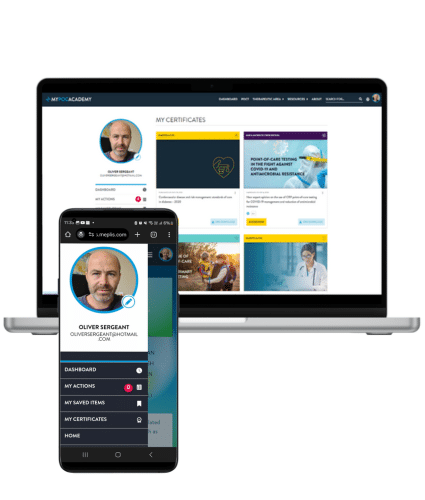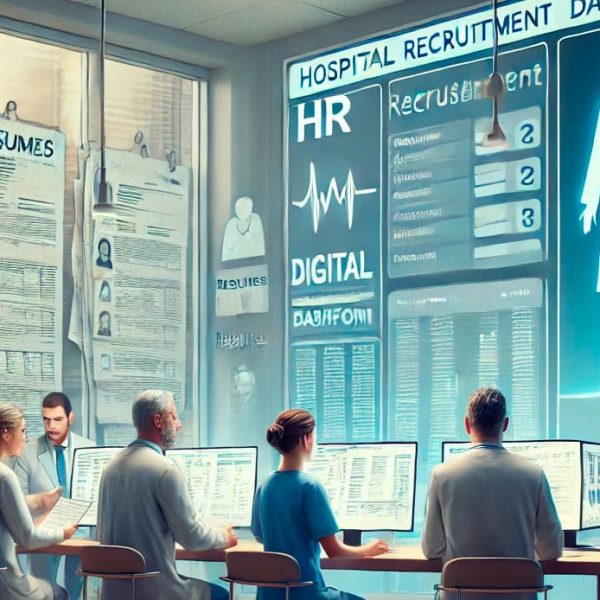Powering Effective Collaboration in Healthcare
Elevate healthcare marketing efficiency, support better outcomes, and foster collaborative innovation with Meplis

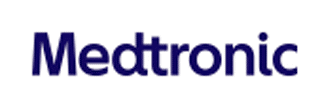


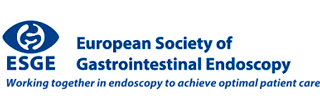
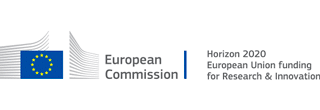
Improve Healthcare Engagement Efficiency


Boost HCP and Patient Participation
Accelerate Knowledge Sharing & Collaboration

Integrated solutions
Discover our Engagement solutions for your healthcare segment
Modular white-label B2B SaaS - Digital Health Solution
Supporting the implementation of your solution
Added-value Services Grow Your Business Value
Open Innovation
We work with you from Ideation to Execution
Our team maintains an effective mix of development experience and seasoned leadership to provide innovative strategies and solutions required to meet the needs of your challenge using our Healthcare Engagement platform. Our team relies on unparalleled project management, monitoring and evaluation, information technology, risk management, team management, and stakeholder management experience in order to ensure our clients’ success.
- We won 6+ Open Innovation Challenges against 300+ competing companies each time since 2021.
Collaboration
Our platform contains rich collaborative features to support solutions from industry research collaboration to care delivery coordination
Content & Knowledge
Blended and dynamic content features because they drive customer engagement.
Data Capture & Remote Monitoring
Data and Insights to personalize experiences and improve outcomes in addition to decision support systems.
Livestream & Embedded Webinars
Interactive Multi-language Livestream on our Healthcare Engagement platform because they have been flagged a one of the most desired forms of engagement.
AI Personalisation
Omnichannel support delivering the right message at the right time to the preferred channel
Enterprise Platform
Security & Compliance for long term industry collaboration in healthcare engagement
Latest insights from us
Hospitals everywhere are facing a silent crisis — not a shortage of technology, but a shortage of people. From hiring delays to burnout and weak internal mobility, workforce inefficiencies now threaten the stability of entire health systems. This article explores how network intelligence and a connected talent ecosystem could redefine hospital workforce management for the decade ahead.
Hospitals have long played a central role in medical education — from grand rounds and specialist training to international CME events. Yet as healthcare becomes more digital, global, and data-driven, many hospitals find themselves unable to extend their expertise beyond their walls. Outdated systems, fragmented tools, and limited visibility have left valuable knowledge underutilized. This article explores why hospital-led education still struggles to scale — and how a more connected, data-based approach could change that.
Hospitals collect more data than ever before — yet few can use it to truly understand or improve the quality of care they deliver. This is not a failure of will or professionalism, but of structure. Healthcare remains a system where outcomes, processes, and patient experiences live in separate silos. Connecting them — without dictating clinical freedom — is the next evolution in quality management.








